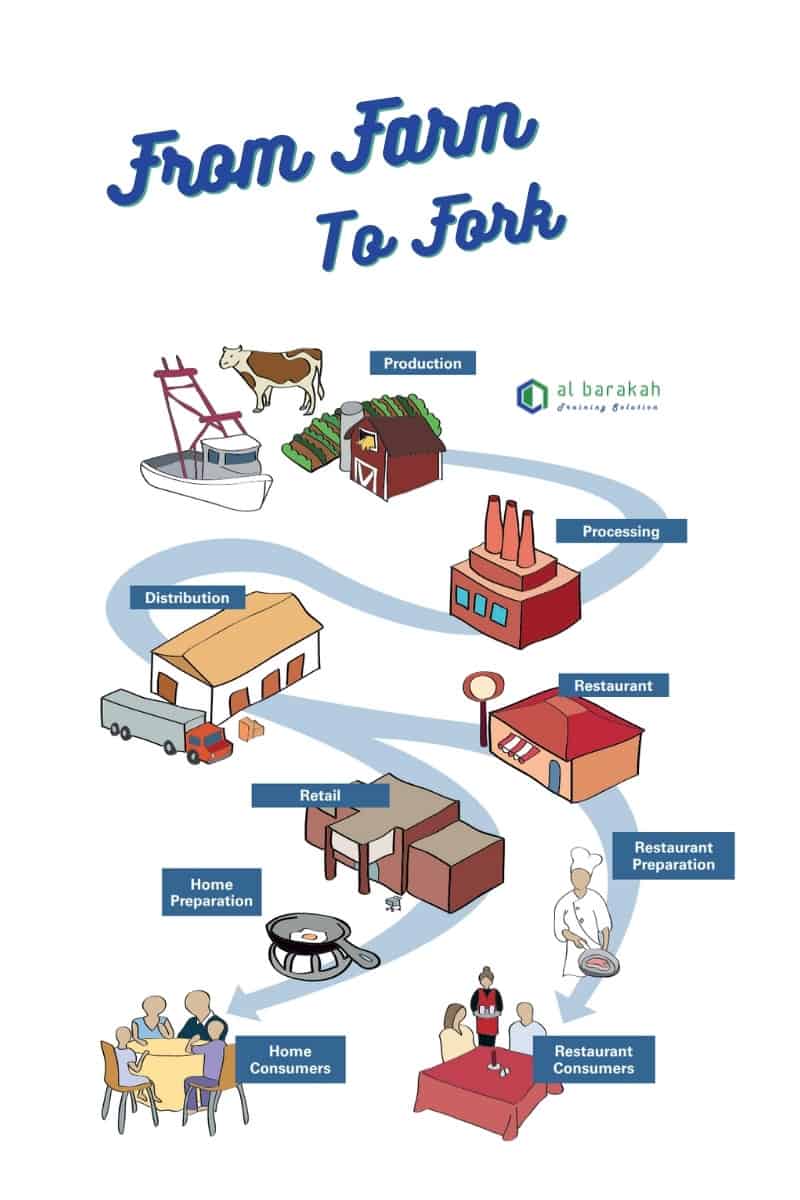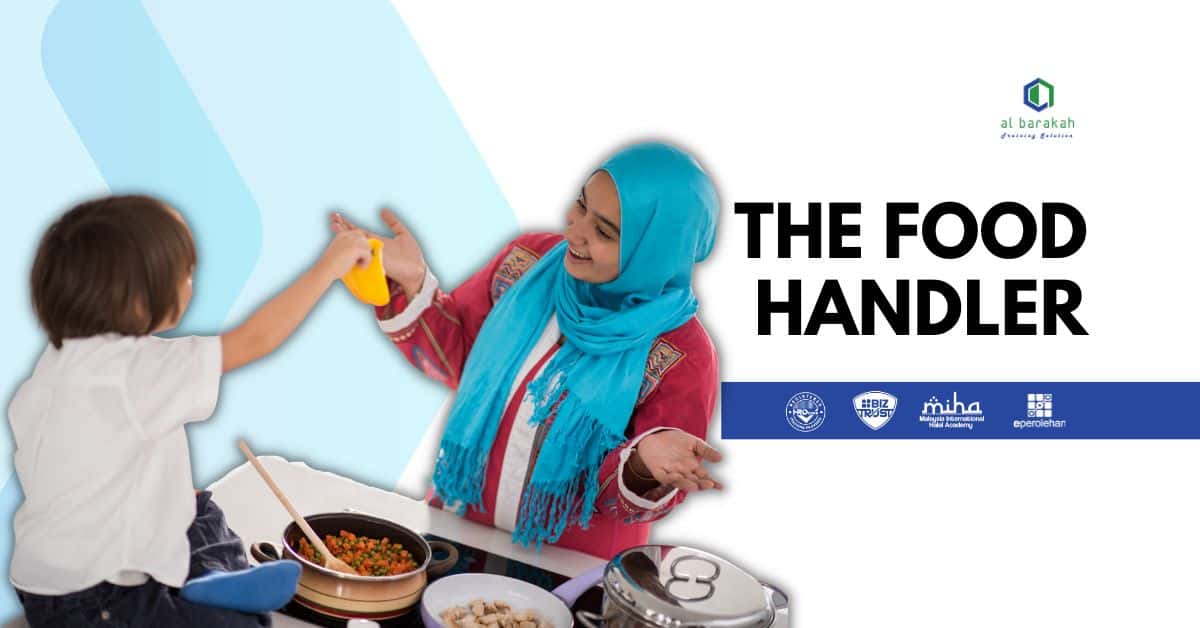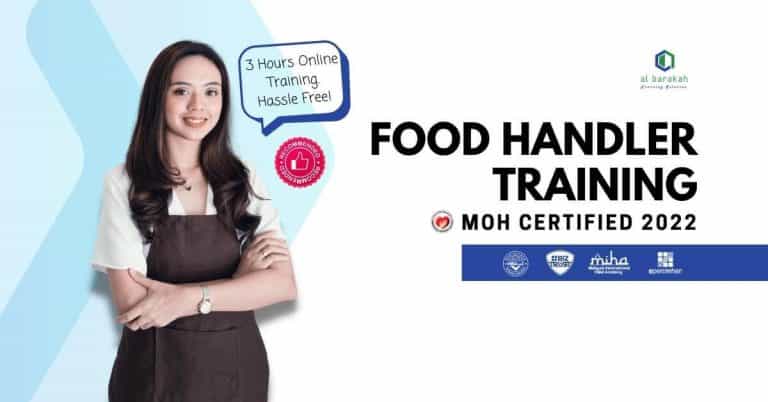Food Handler
Thanks to Ministry of Health Malaysia for introducing Food Handler Training to food handler in Malaysia back in 1983 and make our country is a safe place to eat out and enjoy street food. There are relatively few cases of foodborne illness compared to some neighboring countries, but the hot and humid climate favors the growth of foodborne bacteria.
According to statistics from the Ministry of Health, in 2018, the incidence rate was 45.71/100,000 people, and the mortality rate was 0.02/100,000 people, but there were regional differences.
These rates fluctuate significantly from year to year as severe food poisoning outbreaks can skew the statistics for that year, such as in 2018, when 42 people were poisoned and two people ate contaminated laksa at a stall in Kupang, Kedah Sand died.
In general, Kelantan appears to have the highest rates of foodborne illness, while federal areas including Kuala Lumpur have lower rates, where restaurants are busier and food displays are less timed.
However, please bare in mind that this figure does not reflect the real situation as you know, there maybe hundreds or thousand more cases that are not reported and documented as we Malaysian is too lazy to lodge a report.
What could be the main culprit of the foodborne disease – The Food Handler!
Who is Food Handler?
A food handler handles food or surfaces that are probably going to be in touch with food, for example, cutlery, plates, and bowls. Food handler must comply with food hygiene requirements outline by Ministry of Health Malaysia. Food handling is something we do every day, no matter what our occupation, whether we are professional chefs, housewives or food factory workers.
Therefore, there are many people who, through their dedication and work, avoid the risk of Foodborne disease by ensuring that the food we eat every day is of adequate hygienic quality.
Food handlers might be associated with arrangement of natural substance, cooking, pressing, capacity, showing, serving of food, and cleaning of utensils. They are a significant connection in the chain from ranch to-fork. They should have great hand-washing rehearses, individual cleanliness, clean work clothing, follow food-cleanliness works on during work and get standard preparation to guarantee security of food.
During disease, limitations should be forced for food dealing with. They experience the ill effects of different physical, compound, biologic, mechanical, and psychosocial wellbeing perils at the work place. Satisfactory food handling preparing for food overseers is fundamental to guarantee great practices at work.
We’ve all heard about conditions like diarrhea and other gastrointestinal disorders caused by poor food hygiene. Foodborne disease primarily affects the most vulnerable groups in our society, namely children, the elderly, pregnant women and the sick.
About two-thirds of Foodborne disease epidemics stem from food consumption in restaurants, cafeterias, school cafeterias and even at home. If we always handle food with clean hands and follow proper hygiene procedures, we can protect our family members or clients from the risk of eating contaminated food.
As a food handler, our contributions are critical in food operations, and our work is critical to our own health and the health of our families, communities and the businesses in which we prepare food.

Foodborne Disease
Foodborne illnesses are diseases of an infectious or toxic nature caused by biological, chemical or physical agents that enter the human body using food as a vehicle.
Food Handler Training
The training of food handler is mandatory in Malaysia and this will allow you to obtain a certificate that will certify you as a food handler, allowing you to work in the food industry. Food handler training was introduced in 1983 by Ministry of Health Malaysia to educate food handlers on food safety thus reducing foodborne illness.
This training need to attend only once only for 3 hours and the certificate is valid forever. Online Food handler Training or Kursus Pengendalian Makanan Online is available for registration for only RM50 per person.






